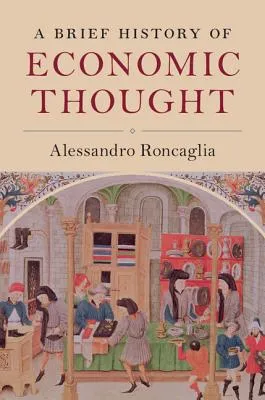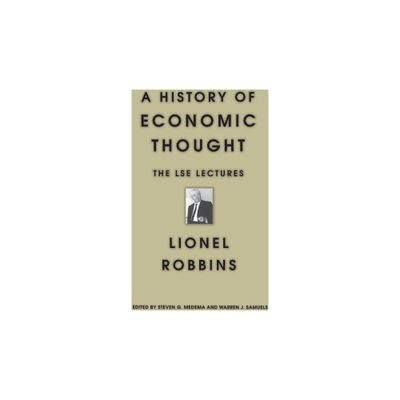Home
Poverty the History of Economic Thought: From Mercantilism to Neoclassical Economics
Loading Inventory...
Barnes and Noble
Poverty the History of Economic Thought: From Mercantilism to Neoclassical Economics
Current price: $180.00


Barnes and Noble
Poverty the History of Economic Thought: From Mercantilism to Neoclassical Economics
Current price: $180.00
Loading Inventory...
Size: Hardcover
*Product Information may vary - to confirm product availability, pricing, and additional information please contact Barnes and Noble
Poverty in the History of Economic Thought: From Mercantilism to Neoclassical Economics
aims to describe and critically examine how economic thought deals with poverty and the poor, including its causes, consequences, reduction, and abolition.
This edited volume traces the economic ideas of key writers and schools of thought across a significant period, ranging from Adam Smith and Malthus through to Wicksell, Cassel, and Heckscher. The chapters relate poverty to income distribution, asserting that poverty is not always conceived of in absolute terms, and that relative and social deprivation matter also. Furthermore, the contributors deal with both individual poverty and the poverty of nations in the context of international economy. By providing such a thorough exploration, this book shows that the approach to poverty differs from economist to economist, depending on their particular interests and the main issues related to poverty in each epoch, as well as the influence of the intellectual climate that prevailed at the time when the contribution was made.
This key text is valuable reading for advanced students and researchers of the history of economic thought, economic development, and the economics of poverty.
aims to describe and critically examine how economic thought deals with poverty and the poor, including its causes, consequences, reduction, and abolition.
This edited volume traces the economic ideas of key writers and schools of thought across a significant period, ranging from Adam Smith and Malthus through to Wicksell, Cassel, and Heckscher. The chapters relate poverty to income distribution, asserting that poverty is not always conceived of in absolute terms, and that relative and social deprivation matter also. Furthermore, the contributors deal with both individual poverty and the poverty of nations in the context of international economy. By providing such a thorough exploration, this book shows that the approach to poverty differs from economist to economist, depending on their particular interests and the main issues related to poverty in each epoch, as well as the influence of the intellectual climate that prevailed at the time when the contribution was made.
This key text is valuable reading for advanced students and researchers of the history of economic thought, economic development, and the economics of poverty.


















